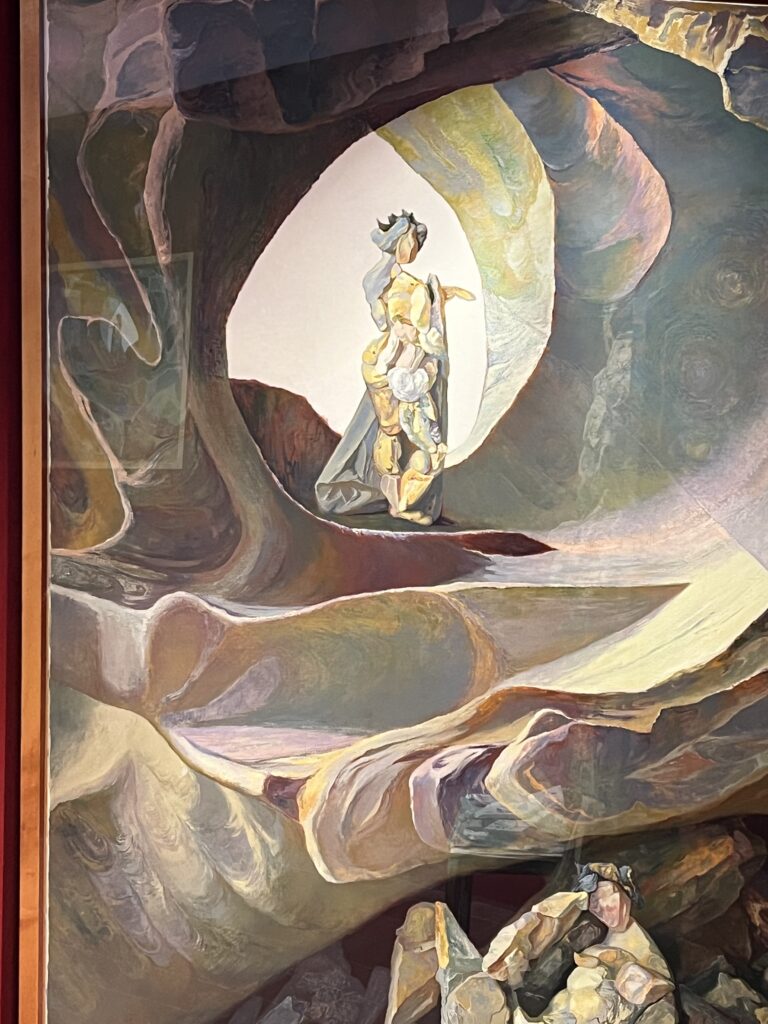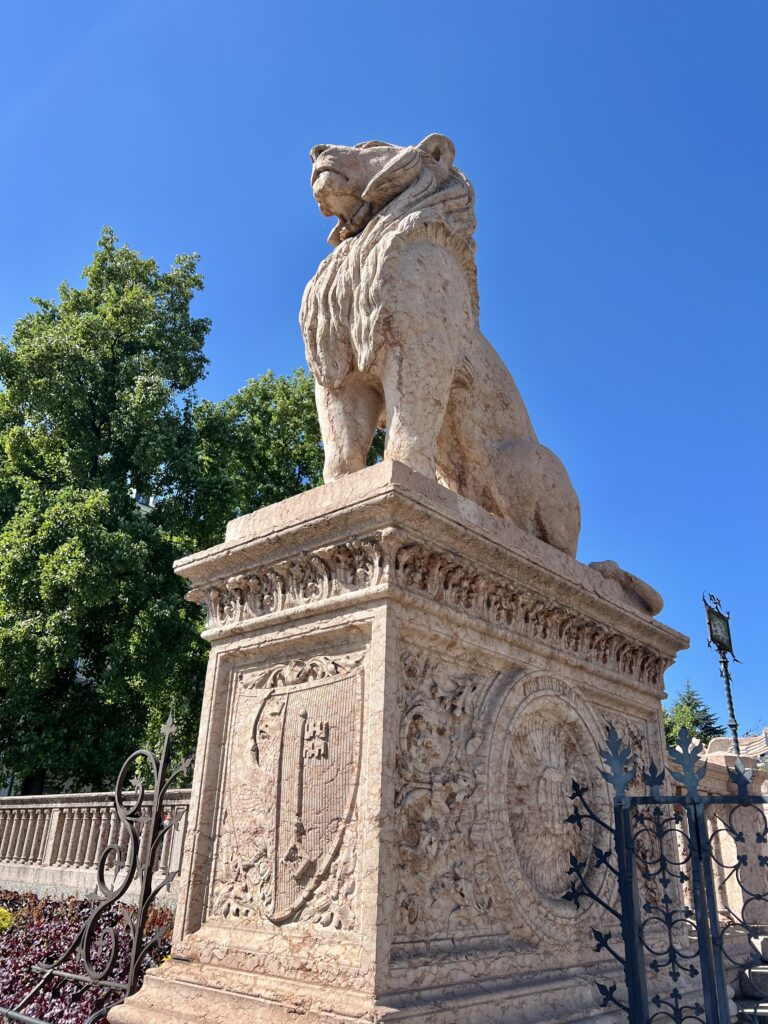Following on from my last blog I’ve been thinking a lot about our mental health as a community and how our young are being supported in their journeys to adulthood.
I coming to believe courage is incredibly important in order to get the best out of ones life. In this blog I’d like to play with how we gain courage and the impact of what seems to be the relentless incitement of fear. I think this is a critical factor in the deterioration of all our mental health but particularly our youth.
As we know fear sells products and wins votes in elections. It’s a fundamental factor in gaining power. I sincerely hope the now imminent social media ban may mitigate some sources of fear.
How do we get courage? Like all emotions it’s transient. When I think back over the course my life has taken I feel amazed with some of the decisions I’ve made and how well many of them have worked out. At 71 hindsight carries a lot of memories and decisions. Sure there have been some dumb decisions and some regrets, but in essence I feel pleased that I had the courage to go into private practice, develop a family therapy training program that I believed provided useful learning for professionals in the health and welfare field. The mainstream push for a university accreditation, often left me feeling uncertain, but I stubbornly refused to compromise my much loved curriculum. It felt right. Reducing energy gave me the courage to retire from providing family therapy training, as luck would have it, in 2020 just as the pandemic would have made my course untenable.
The courage to prepare for ageing and the inevitability of death, downsizing, relocating to ensure I’m debt free, continually shedding stuff and organising as much as possible. Leaving a 36 year marriage etc etc. So many decisions that required courage and a belief that one way or another I would make it work. Where does that belief come from. It’s so strongly embedded in me! Is this what is missing in so many of our young? Or if it’s there does it get eroded by the continual bombardment of influencers who know what’s right!
I want to clarify that I’m talking about small ‘c’ courage – having courage in everyday small events. Not not big ‘C’ driven courage like climbing Mt Everest. That, I believe is a different phenomenon to what I’m talking about. I’m not taking about an adrenaline fuelled process. I’m talking about trust and integrity built on the knowing that failure or death is always a possibility. It requires a tuning in to what feels intuitively right – silencing the external voices. Not in a naive blindness but with an awareness of the risks, utilising your innate knowing of what will work for you. This is easy to say at 71 with all that history of decision making behind me, not so easy at 18…
How do we learn to know what opportunities need to be grabbed and what needs to be let go regardless of the nagging voices of ‘what is right’. Unfortunately we only know if we’ve made the right decision in retrospect and luck is a variable over which we have no control. Timing is also important. What might be the ‘right’ decision at one point in time might prove to be the ‘wrong’ decision at another point in time. The variables are always changing and no-one else truly knows the situation of another.
This takes me to a central family therapy theory. The theory of differentiation as developed by Murray Bowen in the 1950s. He talks about an ongoing process of becoming as we develop an ability to think and feel for ourselves. I don’t believe there is an arrival when at some point we’re able to declare ourselves differentiated! But that it’s an ongoing slippery process. When we’re tired and stressed I think our ability to think and feel for ourselves independently of the others around us slips. At times like this we are much more like to make decisions that are influenced by others and may not serve us well.
Regret and fear are courage eaters and block the ability to tune into what is going to be right for us. Also hope is important – not blind hope for the impossible – like a perfect life where nothing goes wrong. But hope in one’s own ability to overcome adversity.
Questions to ask ourselves: Is our fear crippling the courage of our loved ones? How do we soothe our fears and still act when it feels right? How do we protect ourselves from the fear of others when we know it’s crippling decision making?
The panic of others can distort our decision making – it’s contagious.
Often just taking a walk, listening to music, going for a run, sitting somewhere beautiful can be all that’s needed to find the space to think, reflect and find the courage to make a decision or action a decision. Trusting that only time will tell whether it was a good idea or action, but to be grateful to self for having the courage to follow what felt intuitively right at the time.

